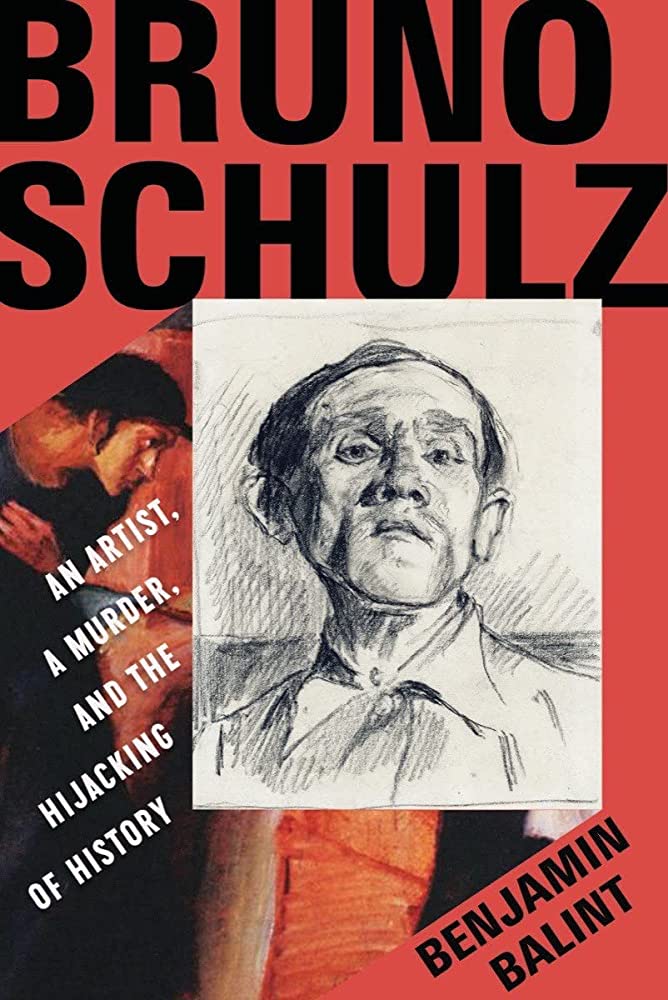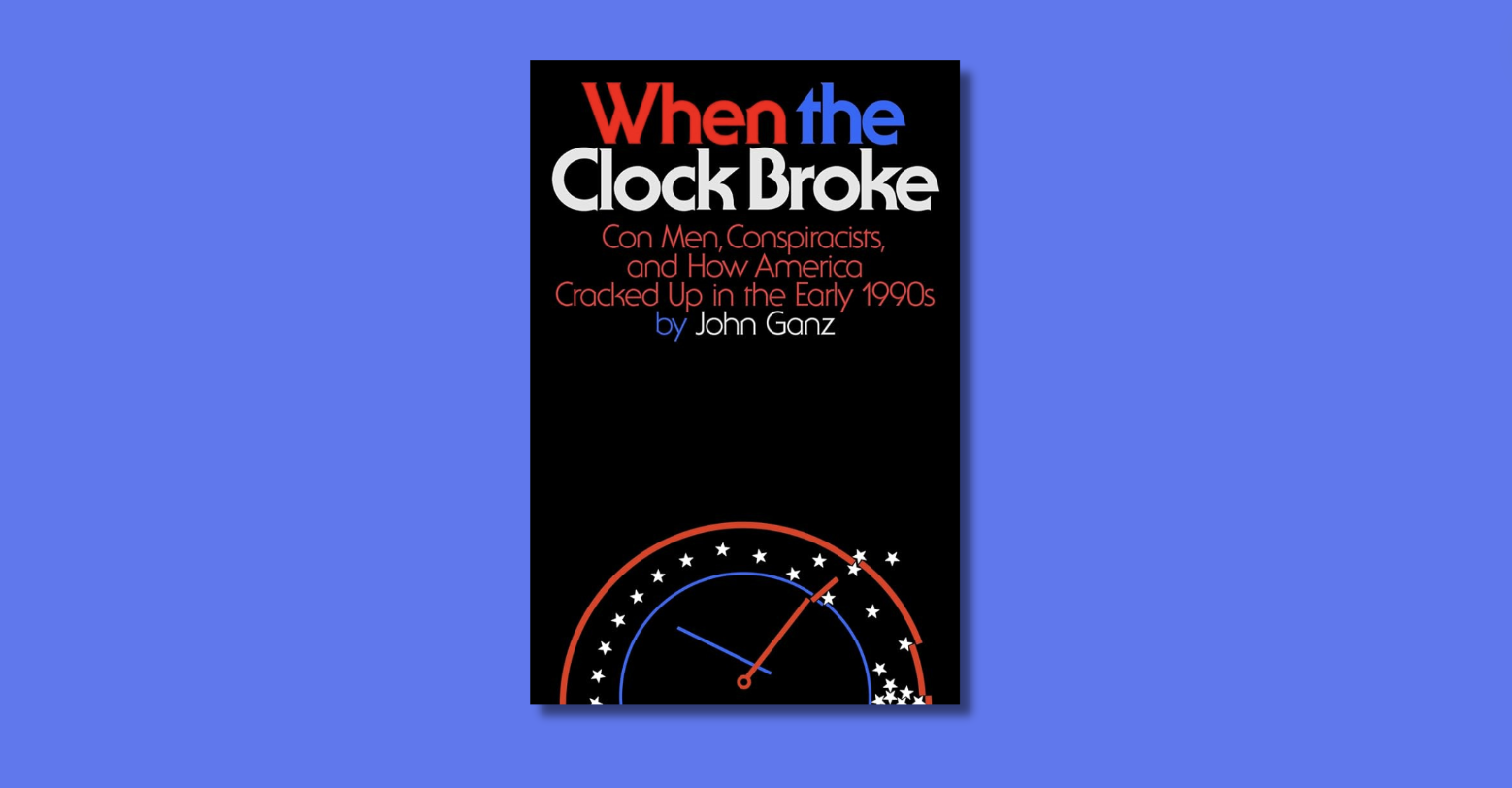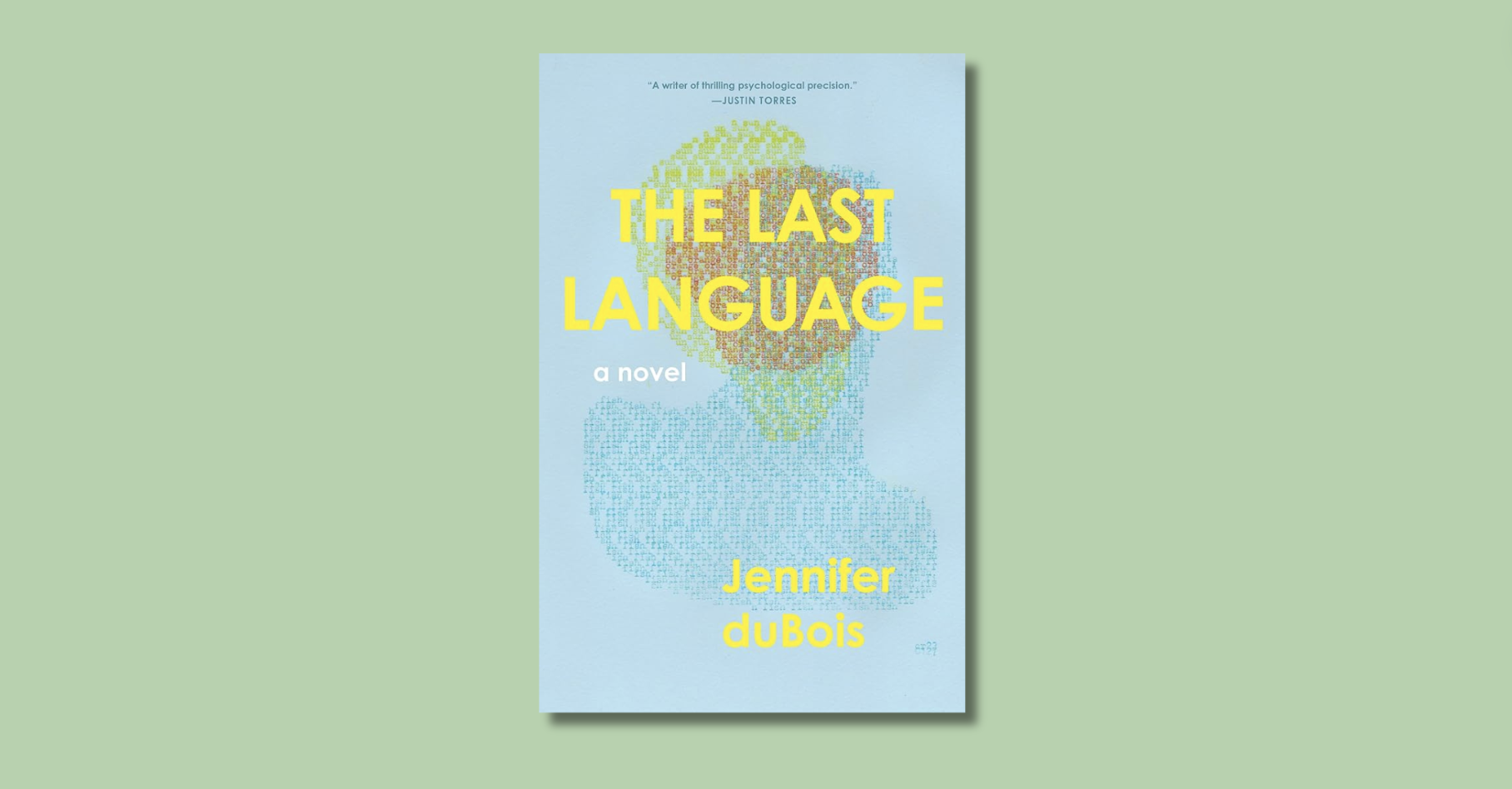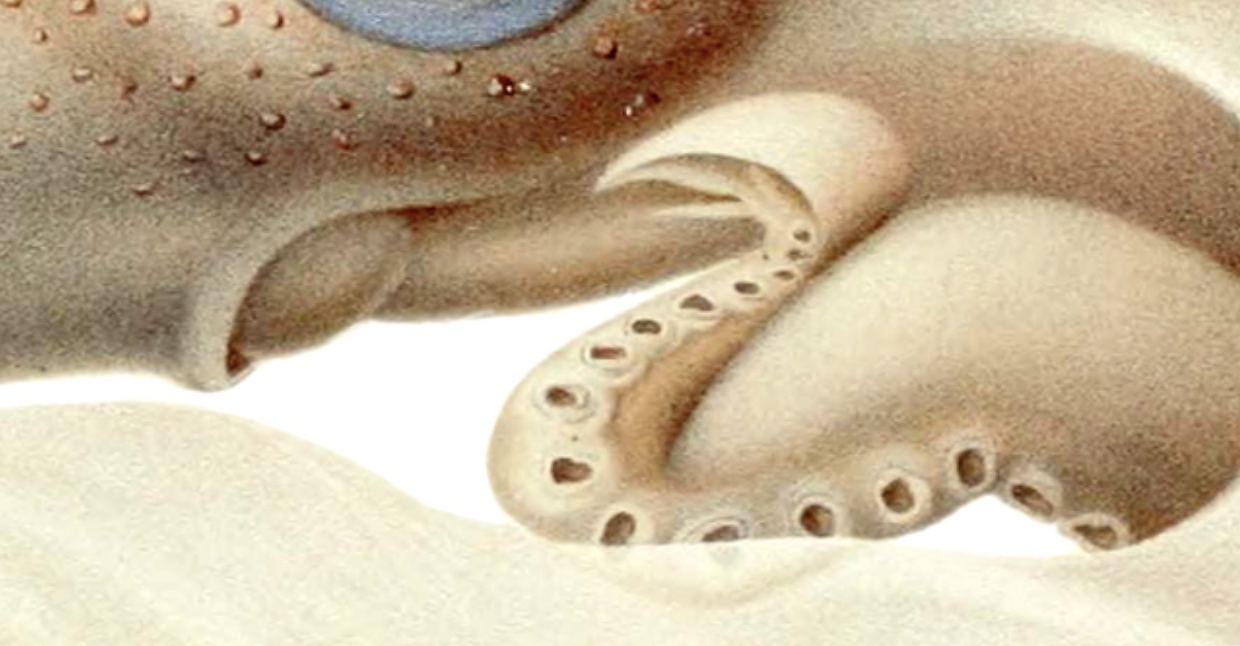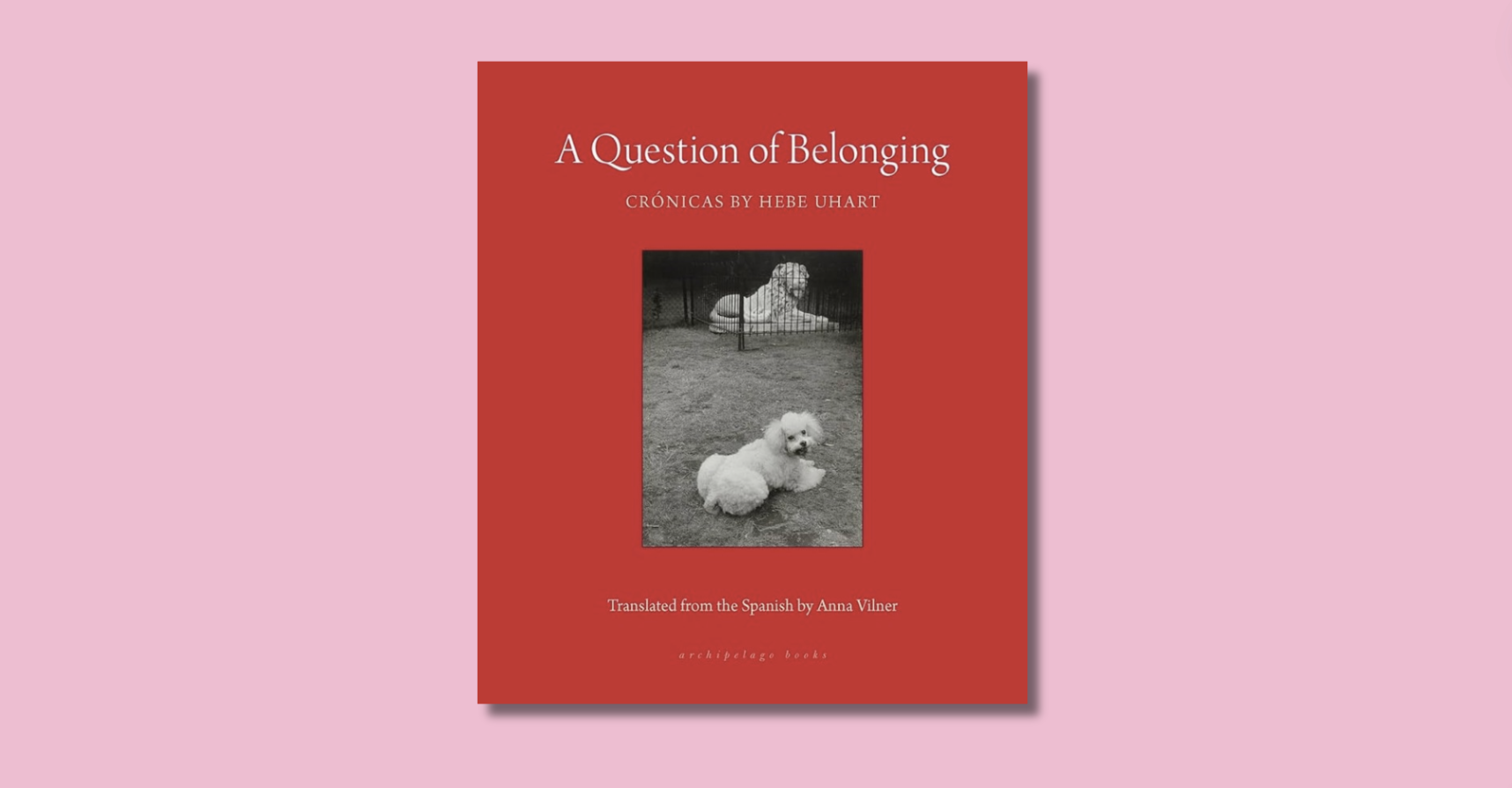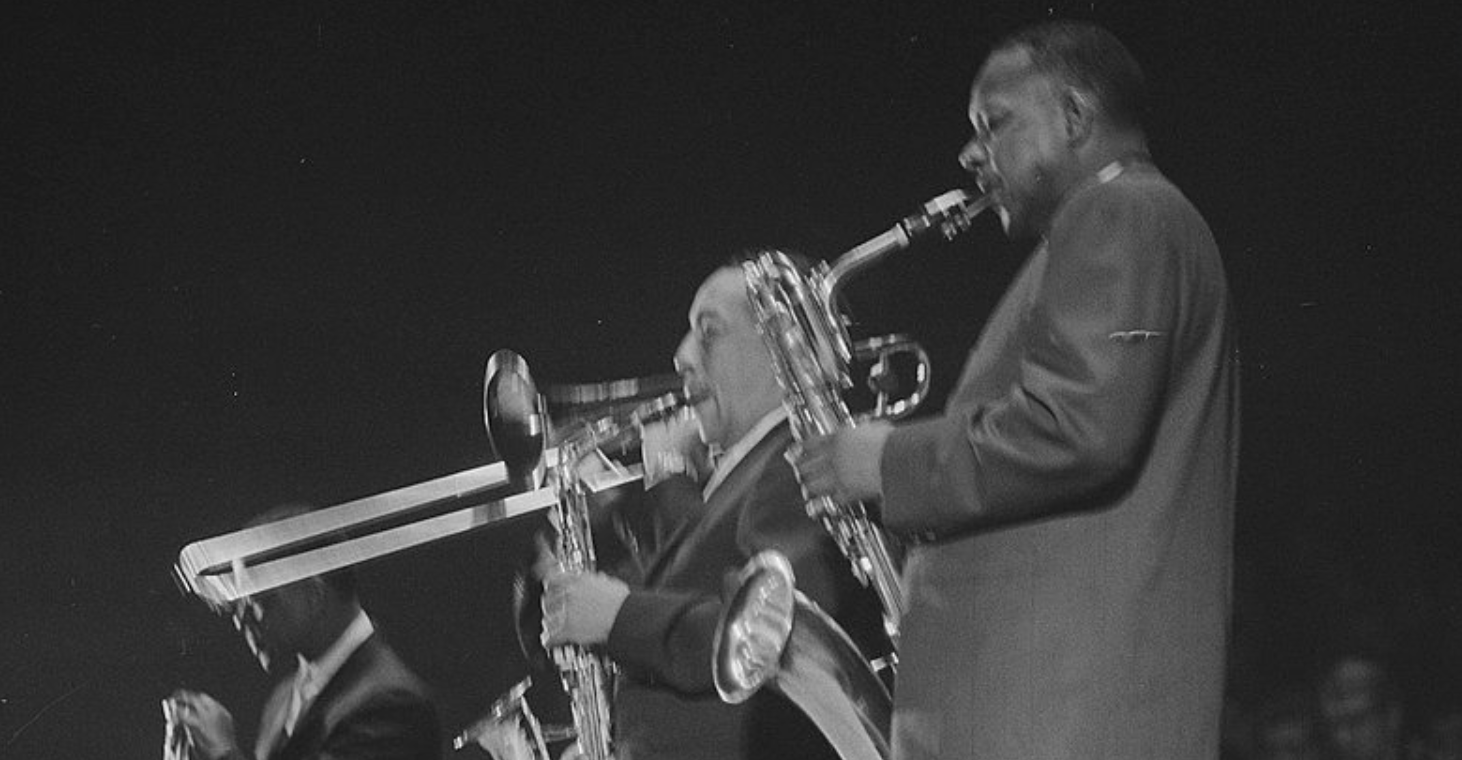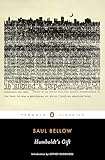 In Humboldt’s Gift, Saul Bellow’s roman à clef about his turbulent friendship with the poet Delmore Schwartz, the Bellow stand-in muses that “all the highly gifted see themselves shunted for decades onto dull sidings, banished exiled nailed up in chicken coops. Imagination has even tried to surmount the problems by forcing boredom itself to yield interest.” He goes on to name Joyce, Stendhal, Flaubert, and Baudelaire as a few sultans of solitude. If he’d wanted to sell it even harder, he might have tacked on the Jewish-Polish writer and artist Bruno Schulz. Unearthed again in a new biography by Benjamin Balint, Schulz was hamstrung by boredom and loneliness. Twice denied a paid leave of absence (which he requested in order to focus on his writing) from his job as a school teacher, and later boxed into a Jewish ghetto, Schulz spent nearly his entire life in Drohobycz, where he was born in 1892. The small slippery city has changed management a number of times: for most of Schulz’s adulthood, Drohobycz was part of Poland, before that Austria-Hungary, now it’s part of Ukraine (spelled Drohobych). Except for some short trips, Schulz never left his hometown, and he became well acquainted with isolation. In his own words, “loneliness is the catalyst that makes reality ferment”; in Balint’s words, Schulz “made of his solitude a way of seeing.”
In Humboldt’s Gift, Saul Bellow’s roman à clef about his turbulent friendship with the poet Delmore Schwartz, the Bellow stand-in muses that “all the highly gifted see themselves shunted for decades onto dull sidings, banished exiled nailed up in chicken coops. Imagination has even tried to surmount the problems by forcing boredom itself to yield interest.” He goes on to name Joyce, Stendhal, Flaubert, and Baudelaire as a few sultans of solitude. If he’d wanted to sell it even harder, he might have tacked on the Jewish-Polish writer and artist Bruno Schulz. Unearthed again in a new biography by Benjamin Balint, Schulz was hamstrung by boredom and loneliness. Twice denied a paid leave of absence (which he requested in order to focus on his writing) from his job as a school teacher, and later boxed into a Jewish ghetto, Schulz spent nearly his entire life in Drohobycz, where he was born in 1892. The small slippery city has changed management a number of times: for most of Schulz’s adulthood, Drohobycz was part of Poland, before that Austria-Hungary, now it’s part of Ukraine (spelled Drohobych). Except for some short trips, Schulz never left his hometown, and he became well acquainted with isolation. In his own words, “loneliness is the catalyst that makes reality ferment”; in Balint’s words, Schulz “made of his solitude a way of seeing.”
All alone in Poland, Schulz gleaned characters from his family, especially his father. His recreation of his dad, a manic and chummy enigma named Jacob (Schulz’s real-life father was named Jakub), appears in most of his prose. In one story, Jacob delivers a speech proclaiming that God, or the Demiurge, has “no monopoly of creation, for creation is the privilege of all spirits.” That democratic idiom was important to Schulz; he reiterated it often and embodied it in his own life. He was a man of contradictions, and to enjoy Schulz on his own terms takes a bit of a mental balance sheet. His hometown was, on one hand, the object of his reverence and his primary inspiration, and on the other was suffocating in its provinciality. He was a Jew living in Poland who, according to Singer, “was not really at home” in his Jewishness or his Polishness. He was an artist with extraordinary vision of the unfamiliar and remote, but little formal training. His milieu hardly extended beyond the tip of his nose, but his reach, eventually, was global. The cult of Schulz, counting literary household names like Philip Roth, Jonathan Safran Foer, and Isaac Bashevis Singer (who, Balint gossips, liked Schulz better even than Kafka), proves it. But Schulz’s highbrow status is a double-edged sword: while it’s helped keep his name alive, it’s also given him a reputation as a writer’s writer.
Schulz’s strange, luminous stories become even more puzzling when read against the backdrop of his life. Where, for instance, would a man who never left home, and spent most of his time at a job he resented, have encountered, as he writes in the 1934 story “The Gale,” the “cosmic homelessness and loneliness of the wind”? The brilliant and sometimes unsettling dissonance of his work might appeal to younger literati, who have formulated their cultural sensibilities in the age of the internet (growing up online is another way to make reality ferment), and obsess over the weirdness of empty rooms and after-hours public locales. Schulz is friendly to such charged, eerie desolation in his writing; he treats settings in his stories like hollows of a dark roadside forest, illuminating them in fragments and brief moments with his sweeping headlights. At home in “an old empty bakery at dawn, when the oven is cool,” or “a Turkish bath late at night, when the forsaken tubs and basins grow cold in the darkness,” Schulz was, like many of us, atomized and isolated.
When we think about outsider art, it’s often quartered in rustic strangeness, surreal projections of unsteady mental states, and sometimes a preoccupation with folksy kitsch. The work of an outsider artist might read as outgrowths of a singular, but uneducated and somehow put-upon, mind. (Martín Ramírez, for example, created many of his drawings while undergoing treatment for schizophrenia at DeWitt State Hospital.) Schulz had a penchant for the rural and gimcrack in his work; his stories are full of pastoral fancies: a half-wit girl sleeps on a bed atop a trash heap in a garden; a city’s attic clutter, mostly discarded pots and pans, takes to the streets to protest cramped conditions. “We shall give priority to trash,” writes Schulz in the 1934 story “Tailors’ Dummies.” This extended into his personal life—in 1931 he (unsuccessfully) proposed to the poet Debora Vogel, who, as Balint points out, was known for her interest in “tacky mass culture, and kitschy commodities.”
 Schulz was an outsider too. He wasn’t schizophrenic or unreachable. He had colleagues, students, ambitions, and even a tragically impossible romantic life (an acquaintance remarked that Schulz’s ultimate sexual fantasy was “to die at the hands of a female bombardier”). But Schulz was (mostly) an autodidact, and a relentless self-improver who became an interloper in his own mind. Beset by doubt over the merit of his projects, he privately asked a friend “is the undertaking ‘Schulz’ worth carrying on, does it justify further investment?” It did. Schulz wanted to write, and he wanted his writing to be published. Balint recounts the story of Schulz’s journey to Warsaw, where he sold the esteemed writer Zofia Nałkowska on his first collection of stories, The Cinnamon Shops, also known as The Street of Crocodiles. This should have been a great triumph, but soon Schulz was bemoaning his lethargy after the book’s success. He’d already decided that he would “never again write anything good.”
Schulz was an outsider too. He wasn’t schizophrenic or unreachable. He had colleagues, students, ambitions, and even a tragically impossible romantic life (an acquaintance remarked that Schulz’s ultimate sexual fantasy was “to die at the hands of a female bombardier”). But Schulz was (mostly) an autodidact, and a relentless self-improver who became an interloper in his own mind. Beset by doubt over the merit of his projects, he privately asked a friend “is the undertaking ‘Schulz’ worth carrying on, does it justify further investment?” It did. Schulz wanted to write, and he wanted his writing to be published. Balint recounts the story of Schulz’s journey to Warsaw, where he sold the esteemed writer Zofia Nałkowska on his first collection of stories, The Cinnamon Shops, also known as The Street of Crocodiles. This should have been a great triumph, but soon Schulz was bemoaning his lethargy after the book’s success. He’d already decided that he would “never again write anything good.”
 He was subjected to endless distractions (pneumonia, World War I, women’s feet), then, finally, the eternally punished Schulz was stifled by persecution. Balint devotes a large portion of his book to detailing the arrival of the Nazis in Drohobycz in 1939 and the misery that followed. Schulz, who had already been teetering on the edge of all-consuming listlessness, was forced to abandon his projects and switch into survival mode. One of Balint’s most historically significant excavations is his Rashomon-like multiperspective account of Schulz’s murder in 1942: no longer can we be sure which specific Nazi shot Schulz in the street.
He was subjected to endless distractions (pneumonia, World War I, women’s feet), then, finally, the eternally punished Schulz was stifled by persecution. Balint devotes a large portion of his book to detailing the arrival of the Nazis in Drohobycz in 1939 and the misery that followed. Schulz, who had already been teetering on the edge of all-consuming listlessness, was forced to abandon his projects and switch into survival mode. One of Balint’s most historically significant excavations is his Rashomon-like multiperspective account of Schulz’s murder in 1942: no longer can we be sure which specific Nazi shot Schulz in the street.
Schulz gets compared to Kafka because of his dreamy, disconcerting stories, but in Balint’s book, a version of Schulz emerges that is closer to one of Kafka’s characters—a man on the run who can’t get past the city walls; an artist exiled by a shape-shifting, unknowable tormentor—than to Franz himself. Really, the aesthetics of Schulz’s stories and drawings are more aligned with those embraced by certain corners of TikTok and Reddit. He shares, with one faction of the more artistically-minded online, a fascination with the plasticity of reality and the mirrored world of mystical unreality. For Schulz, a blue curtain at the theater might evoke the “sky of another firmament,” its triumphant opening “that vibration of reality which, in metaphysical moments, we experience as the glimmer of revelation.” For some posters on Reddit, the delirium of a nameless hotel might elicit the similarly ecstatic sensation of having “no past, but an infinite present.”
On TikTok, the hashtag #liminalspaces has amassed 2.9 billion views, with videos documenting dreamlike (or nightmarish) visions of vaguely familiar but somehow distorted or emptied out landscapes—an abandoned water park, or a deserted apartment complex. One popular genre of these videos deals with “The Backrooms,” a detailed and imagined world of creepy interconnected environments one can accidentally slip into and find himself trapped inside forever. Schulz’s vision is generally more articulate than most Reddit posts, and is less horror-oriented, but his descriptions of an empty schoolhouse after dark or a mysterious sanatorium inhabited by a snarling dog-man where “chunks of time are casually lost” to sleep are wrapped in the same uneasiness. Perhaps, if Schulz had lived 100 years later, his work would’ve been reposted on r/LiminalSpace, and enjoyed in a Schulzian setting—some dark bedroom at an unexplored hour of the night, washed into secret cortexes of a sleepy brain by the soft glow of a humming digital sponge.
